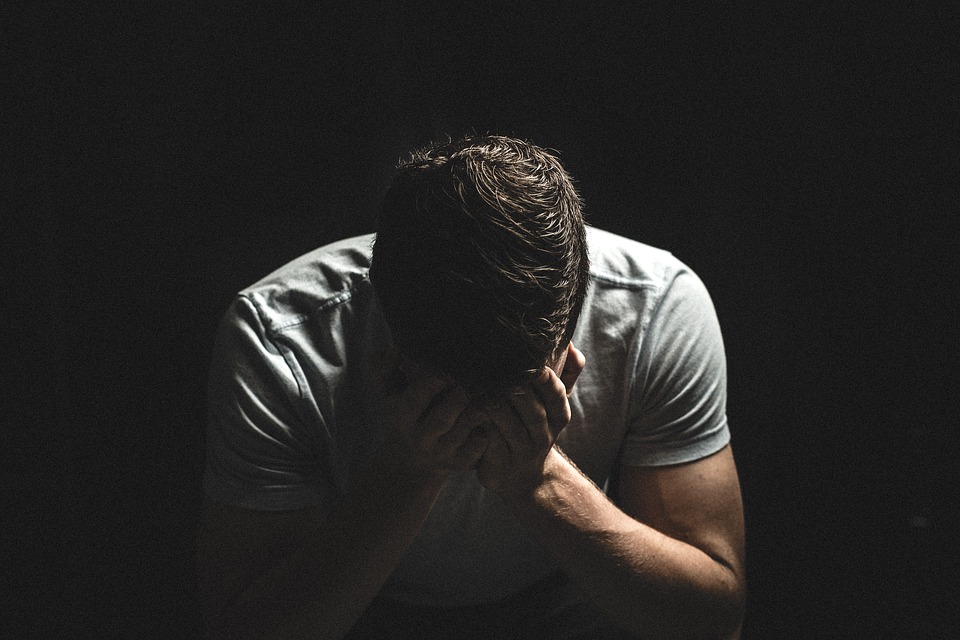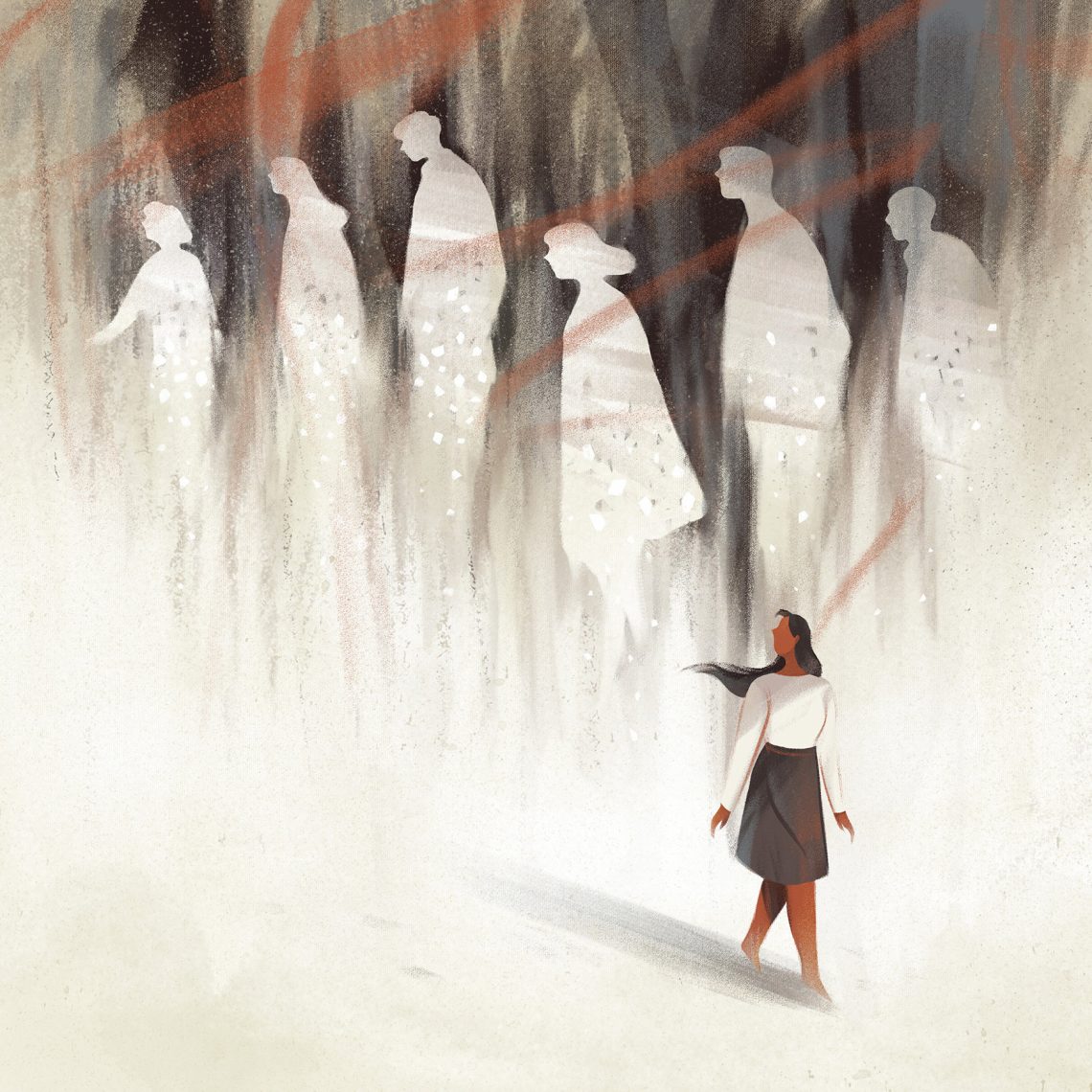
Survivor’s Guilt: How To Recognize and Overcome It
When an individual believes they have done something wrong by surviving a tragic event where others have died or otherwise succumbed, survivor guilt takes hold. It can manifest across the spectrum, from bittersweet feelings to all-out despair. Most commonly, survivor guilt occurs after a large-scale catastrophe (like battlefield deaths or plane crashes), but it can also pop up in unexpected ways. There are scores of examples, but in general, survivor guilt falls into one of three themes:
1. Guilt About Surviving.
This is what we typically think of when we think of survivor guilt—if you stayed safe while others suffered, you may feel you don’t deserve to be safe and should have been harmed as well. You question the fairness and justness of the world.
2. Guilt Over What You “Should” Have Done.
You feel remorseful that you didn’t do enough. You should have known; you should have tried harder. Maybe you tried to rescue someone but failed. There’s an inflated sense of failure or responsibility: “If only I had done something differently.”
3. Guilt Over What You Did.
You may also feel guilty for things you did, from pushing others out of the way to run from an active shooter to escaping poverty by leaving your family for better opportunities abroad. Or you may feel intense guilt for things you did that were mere coincidence.
Survivor guilt isn’t an official diagnosis, but it is associated with PTSD, which is very much an official diagnosis. Avoidance, along with feeling on edge, vigilant, detached, and easily startled, are core symptoms of PTSD. Additional signs include obsessing over what happened, feeling confused, unworthy, or ambivalent about living, harping on the meaning of life, or being plagued by the sense that no matter where you go, you’re never really safe. The resulting self-condemnation and isolation takes a toll on your health and relationships.
If you’re afflicted with survivor guilt, what can you do? It takes time and patience, but here are six things to try when your very existence makes you feel guilty.
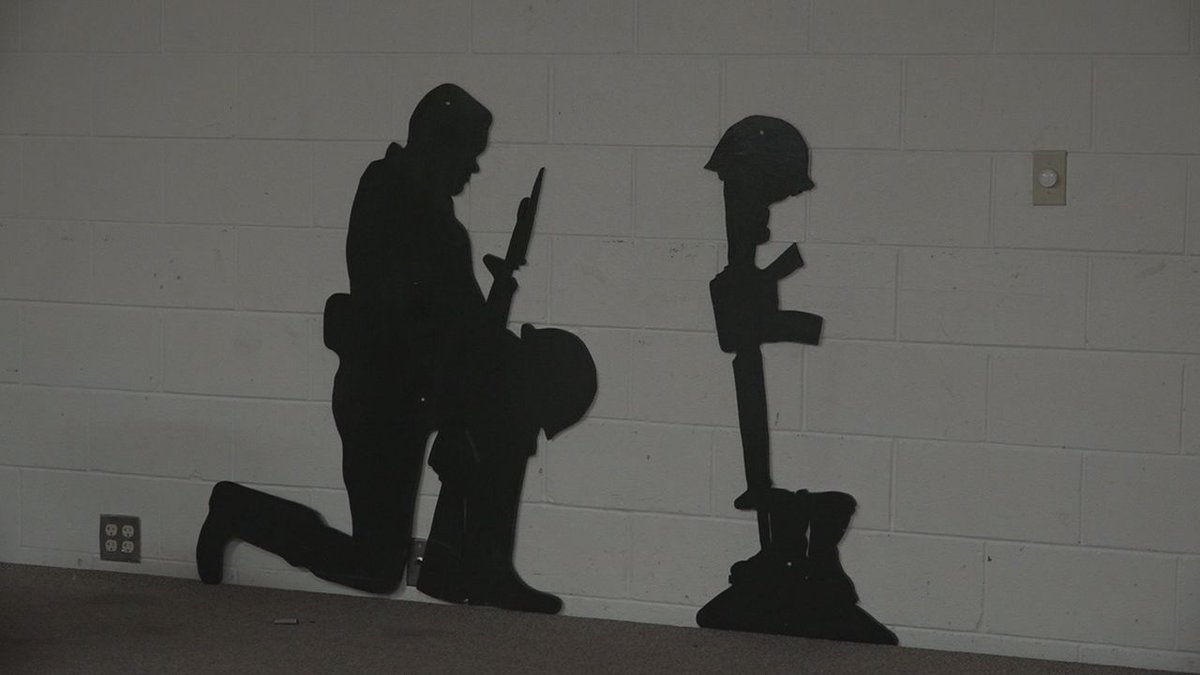
1. Ask who is truly responsible.
Remind yourself who, if anyone, is actually to blame. Is the Syrian grad student truly responsible for his country’s suffering? No—look to the Syrian government, ISIS, and other global forces out of his control. Is the employee responsible for her colleague’s dismissal? Of course not; look to corporate leaders, ill-considered policy, even the market. In the end, you should mourn those who were lost, but don’t take on the culpability for the loss.
Other times, there’s no one responsible. It could have been a natural disaster or random misfortune—nothing you could have predicted, prepared for, or prevented. Regardless, we still feel responsible; every one of us overestimates how much we actually knew before a mishap. This misrepresentation leads to a distorted assessment of responsibility.
Why do survivors have an inflated sense of personal responsibility? In situations where you couldn’t possibly have known or prevented events, but you still feel guilty, guilt may be functioning as a false sense of control. When we feel blame but take on the burden of responsibility, we tell ourselves that it wasn’t random or inconsequential.
Guilt feels lousy, but it protects us from the even more overwhelming feelings of helplessness and powerlessness we experience when we fall victim to the unjust and unruly whim of random forces.
2. Remind yourself you can handle sadness and loss.
As horrible as the guilt is, it can be easier than dealing with the devastation brought on by grief. Focusing on guilt can be a subtle or even subconscious way to avoid sadness. But avoiding the true emotion bubbling underneath the guilt makes things worse over time and stands in the way of moving on, accepting what happened, and feeling better.
It’s not unsafe or bad to experience intense emotion. You can experience and work through your feelings in any way that suits you—maybe you’re the scream and cry type, maybe you journal about it to get your emotions out, maybe you just want to be quiet and alone for a few days. Any is okay. Whether quiet or loud, sadness and pain are not felt in one singular way. The “best way” to let yourself feel is the way that works for you.
3. Think about how people who love you feel about your survival.
Even if you suspect, somehow, you shouldn’t still be here, remind yourself of who would be devastated if you were not. Think of all the people who care deeply about you and who are overjoyed and relieved that you’re okay. You’ve been given the gift of survival, so rather than rejecting that gift because you somehow feel undeserving, share it with those who love you. At the very least, they deserve it.
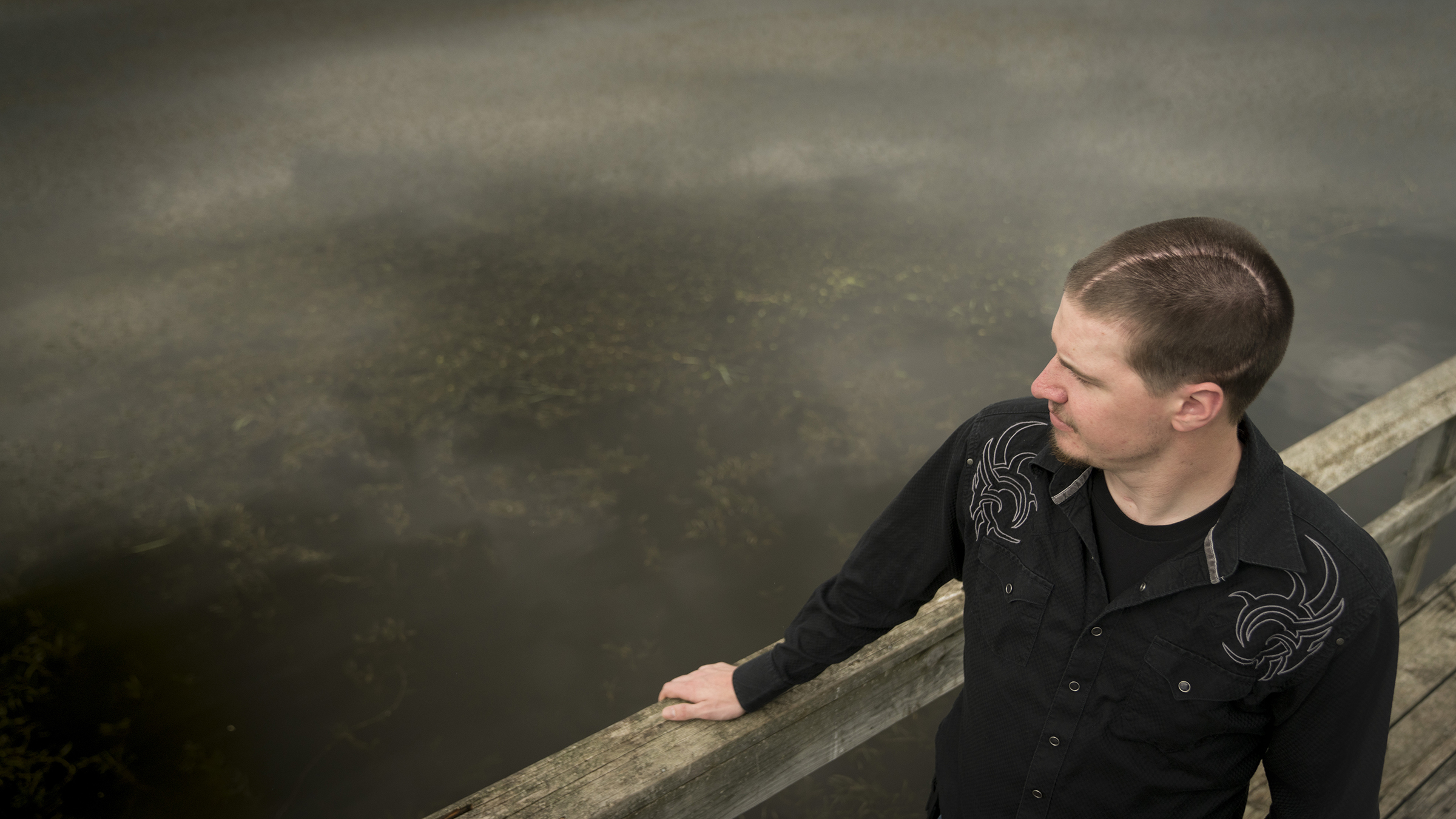
4. It’s not a zero-sum game.
Hidden beneath survivor guilt is the idea that there’s only so much luck to go around and that benefiting from good fortune means that someone else is being deprived of it. But luck is random. The lottery is a perfect example of how arbitrary luck is: sometimes no one has the winning lottery number; sometimes multiple people share the prize. The chances of you specifically hitting it big aren’t increased or decreased by anyone else’s picks. It’s hard to accept that there’s no greater order to things, but once we do, we feel vindicated.
5. Do something meaningful for someone else.
At the very least, guilt can be a motivator for purposeful action. While we may think of guilt as regrets about the past, it also makes us look forward to the future.
Feeling guilty drives us to make things right as best as we can. We find ways to commemorate, serve, and honor those who were lost, giving us a chance to, in our minds, reduce some of the guilt we feel.
6. This goes without saying, but take care of yourself.
If you’ve survived a harrowing experience or have otherwise been left behind, taking care of yourself, both physically and emotionally, is essential for healing. Eat well, sleep well, move your body, and find support to help make sense of it all.
Guilt has a place in our emotional repertoire—it motivates us to make amends—but with survivor guilt, it’s misplaced. So grieve your losses, but remember that it wasn’t your fault, others are glad you’re still here, and that you can use your survival to pay it forward.
You May Also Like
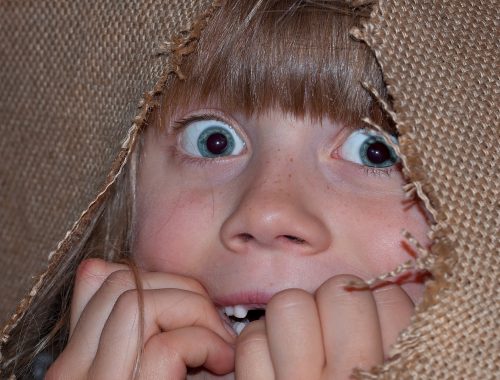
Dealing With A Mental Ill Child
2022-01-06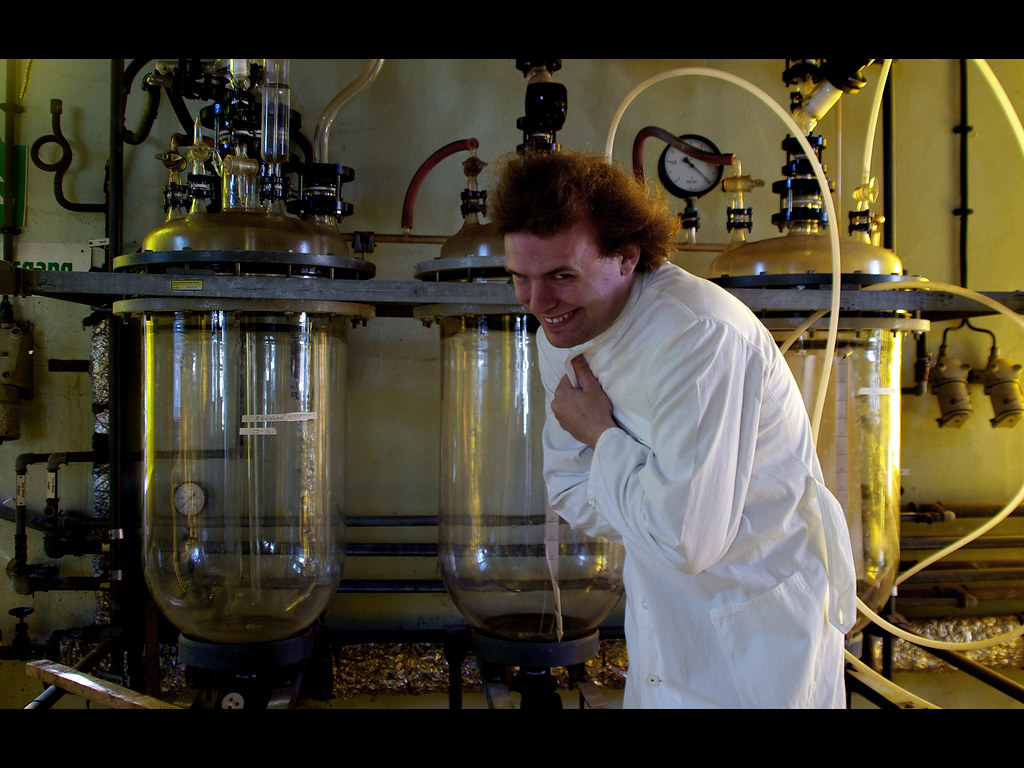
Unveiling the Evil Genius in You – 7 Signs You Are One and Do Not Know About It
2021-06-29